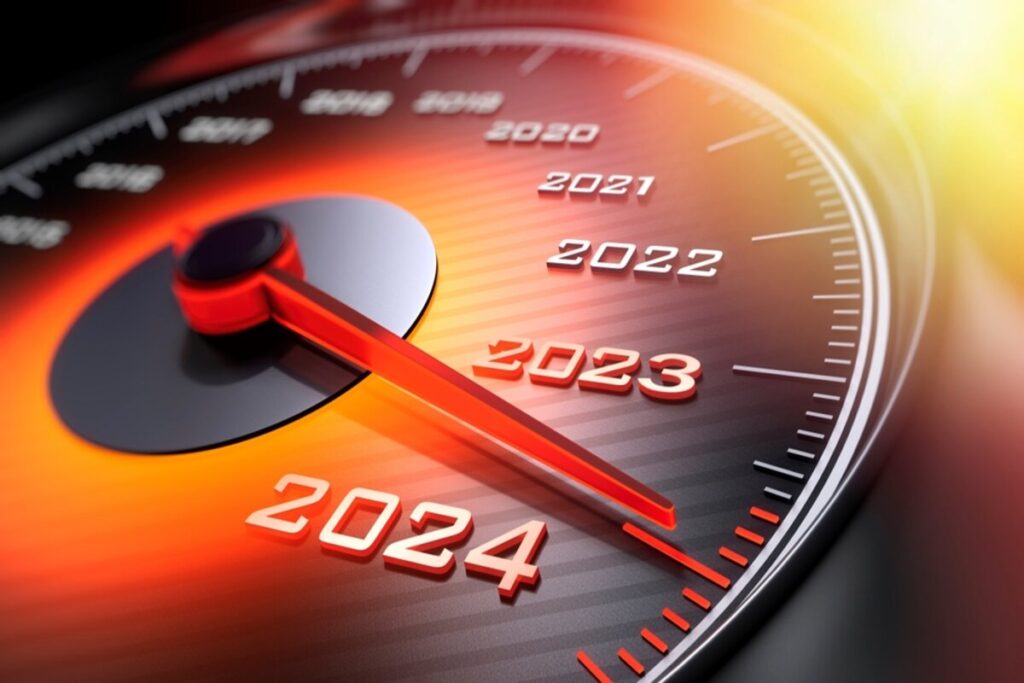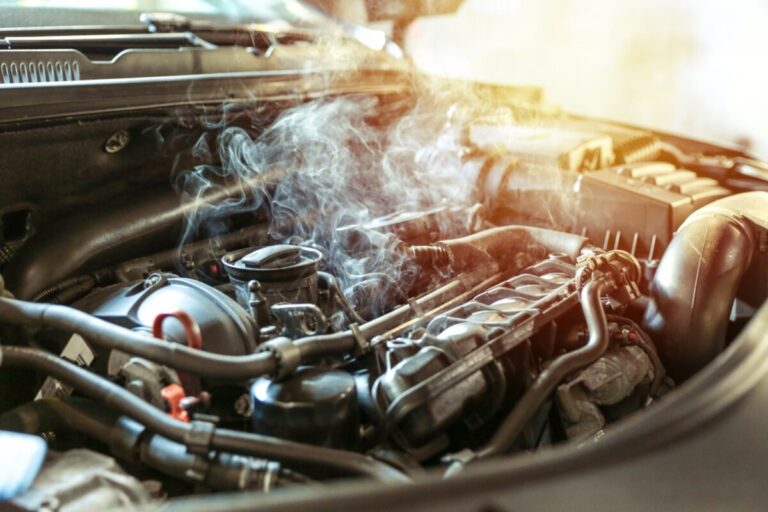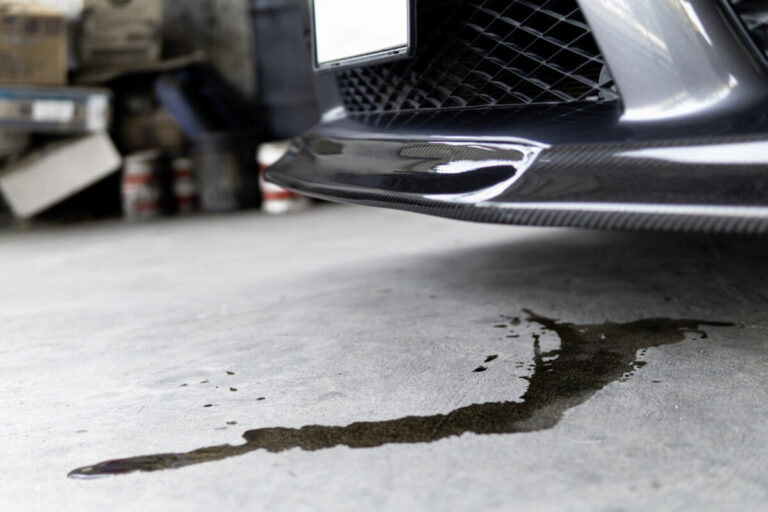Owning a BMW is synonymous with experiencing a blend of luxury, performance, and precision engineering. However, for many BMW enthusiasts, a mysterious whine that surfaces during acceleration can be both frustrating and concerning. This sound can range from a mild annoyance to an alarming indication that something is wrong under the hood. Understanding the cause of this noise is crucial to ensuring your BMW continues to deliver the driving experience you expect.
Understanding the Whine: What it Means for Your BMW
When your BMW starts to whine during acceleration, it’s not something to be ignored. While some drivers might dismiss it as a quirk of their vehicle, this noise is often a symptom of a deeper issue. A BMW is designed to run smoothly, and any deviation from that, such as a whining noise, typically signals that something isn’t functioning as it should.
Common Sources of the Whining Noise
There are several potential sources of the whining noise in your BMW, and pinpointing the exact cause can require some investigation. However, understanding the most common culprits can help you diagnose the issue more quickly.
- Transmission issues: The transmission is one of the most common sources of whining noises in a BMW. If the whine appears to come from the engine bay and only occurs during acceleration, it could be due to worn-out transmission components, low transmission fluid, or even a failing torque converter. When these parts wear down, they can generate a high-pitched whine, especially under the stress of acceleration.
- Power steering pump: Another common source of the whining noise is the power steering pump. If your BMW whines particularly when turning or accelerating, it may be due to low power steering fluid or a failing power steering pump. As the pump struggles to provide enough pressure, it can create a distinctive whining sound.
- Alternator problems: The alternator, which charges your BMW’s battery and powers electrical components, can also be a source of whining noises. A failing alternator bearing or an overworked alternator can cause a high-pitched whine, especially when the engine is under load during acceleration.
Diagnosing the Whine in Your BMW
Diagnosing the cause of the whining noise is a critical step toward resolving the issue. If you notice your BMW whines when accelerating, it’s essential to listen carefully and note when and where the noise occurs. This information can be invaluable when discussing the problem with a mechanic or when attempting to diagnose the issue yourself.
Listening for Specific Cues
Pay attention to when the whine occurs. Is it only during acceleration, or do you hear it at other times, such as when turning or idling? Does the noise change with engine speed? These clues can help narrow down the possible causes. For example, if the noise only happens when accelerating and comes from the front of the car, the transmission or alternator may be the source. If it happens when turning, the power steering pump is more likely to be the culprit.
Checking Fluid Levels
One of the simplest diagnostic steps is to check the fluid levels in your BMW. Low levels of transmission fluid, power steering fluid, or engine oil can all lead to whining noises. Topping off these fluids might resolve the issue, but if the noise persists, further investigation will be necessary.
Addressing and Fixing the Whine
Once you’ve diagnosed the source of the whining noise, the next step is to address the problem. Depending on the cause, this could range from a simple fluid top-off to a more involved repair.
Transmission Repairs
If the transmission is the source of the whining noise, you may need to replace worn-out components or even have the transmission rebuilt. Regular maintenance, such as changing the transmission fluid at recommended intervals, can help prevent these issues from arising in the first place.
Power Steering Solutions
For issues with the power steering pump, the solution might be as simple as adding more power steering fluid or as complex as replacing the pump itself. Regularly checking the power steering fluid levels and ensuring the pump is in good working order can help you avoid this issue.
Alternator Replacement
If the alternator is the culprit, it will likely need to be replaced. A failing alternator can lead to a variety of electrical problems, so it’s essential to address this issue promptly. Regular checks of your BMW’s electrical system can help catch alternator issues before they become severe.
Conclusion

A whining noise when accelerating is not just a minor inconvenience; it’s a sign that something in your BMW needs attention. Whether it’s the transmission, power steering pump, or alternator, addressing the issue promptly can prevent more significant problems down the road. Regular maintenance and being attuned to the sounds your BMW makes are key to keeping it running smoothly and ensuring you continue to enjoy the premium driving experience that BMW is known for. If you’re experiencing a whining noise in your BMW, don’t wait—contact Euroworx today to have your vehicle inspected and repaired by professionals who understand the intricacies of BMW engineering.




